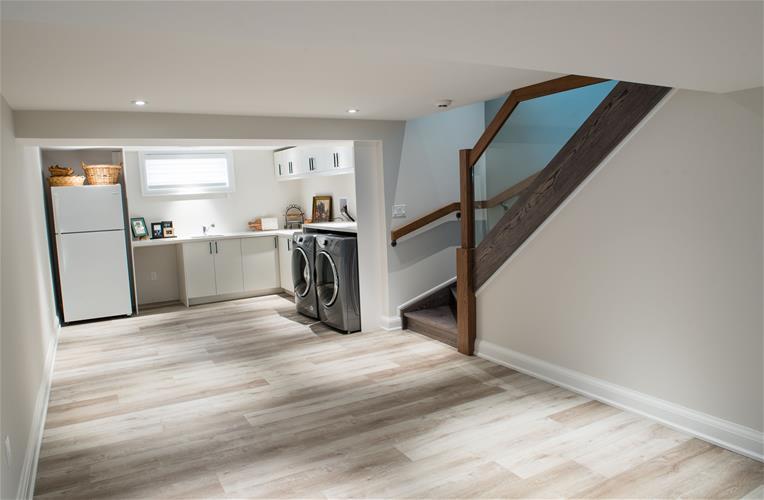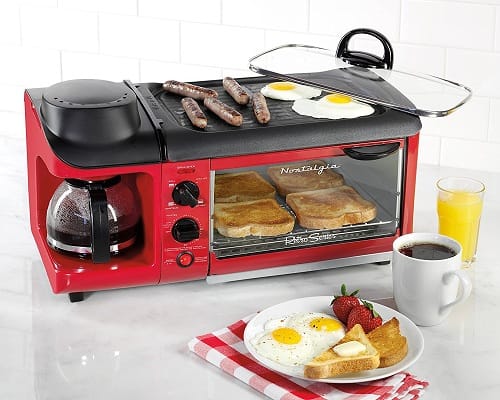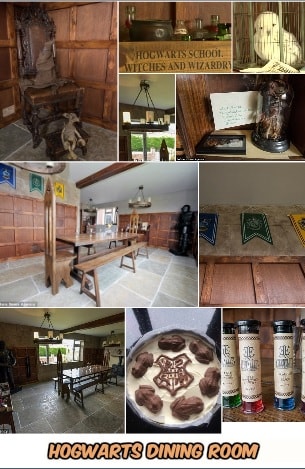Recently a lot of homeowners in Ontario are converting their basements into apartments for rent. A basement apartment creates an avenue for a homeowner to make some extra cash, pay off the mortgage or create extra room for guests and family members.

There is a good number of monetary benefits of having a basement apartment or secondary suite in your home. However, there are specific standards that your basement must meet to be a legal secondary apartment.
Some homeowners are still not aware that there are regulations for a basement suite to be considered legal. These regulations are for the benefit of both the tenant and the house owner.
Illegal basement apartments are a risk to the tenants and others in general. For instance, some dangers and welfare issues may come up, such as:
- Strains utilities such as electricity, water, plumbing works, and waste disposal
- Risky utility connections, basement remodeling, and building renovations
- Fire risks due to lack of exits, working smoke alarms, and carbon monoxide detectors
Ensuring your basement apartment is legal is essential if you care about the tenants and the entire household’s overall safety. You should also know that the demands for basement apartments are different depending on your city.
Suppose you intend to restructure your basement to create an opportunity for a secondary suite. In that case, you will need a basement permit. You will, however, need to be sure that your local municipal by-laws permit owning basement apartments in your area. Not every neighborhood is allowed to remodel basements into secondary suites.
Requirements For a Legal Basement Apartment
For a basement apartment to be a legal secondary dwelling unit in Ontario, it must satisfy specific requirements. Requirements such as the Ontario Building Code Requirements for Second Units, The Ontario Fire Code, and local municipal zoning by-laws.
- Over Five Years of Existence
Basement apartments are referred to as a “Second Unit” in the Ontario Building code. The Second Units requirements in Ontario only apply in houses that are at least over five years. If your house is not older than five years, it is considered new and should comply with the Ontario Building Code.
Furthermore, there are four standards that every basement apartment in Ontario must meet:
- The Ontario Fire Code or Retrofit Fire Code.
- The Electrical Safety Authority Certification.
- The Ontario Building Code for Secondary Units.
- Local Civil Bylaws and Rules.
- Extensive Building Regulations and Control
- The minimum size of a secondary unit depends on how many rooms it contains. However, the minimum size for a basement apartment, including living, eating, and sleeping spaces, is 145 square feet, as demanded by the Ministry of Municipal Affairs and Housing.
- The basement apartment has to be smaller than the main dwelling space. The appearance of the house should not differ from that of a single unit building.
- The ceiling should be continuous and should be at least 1.95 meters high.
- Utilities
Taking care of different utilities such as electricity, plumbing, heating and cooling, and water is the homeowner’s responsibility. An electrical inspection by the ESA is a necessity.
In case of fire, the Chief Fire Official could request the letter of compliance received from the ESA; therefore, the owner should preserve this letter after receiving it.
A legal basement apartment must also have a kitchen sink, laundry access, and hot and cold water availability. There should also be a separate shut-off valve for water, and the septic system should carry the additional load comfortably.
The secondary unit could share the same furnace and ducts used by the central unit. However, there must be smoke detectors to cater to emergencies involving fire. Also, the bathroom needs a sound ventilation system in the form of a window or an exhaust fan.
- Emergency Exits
Every secondary unit must have a second exit apart from the main entrance to serve as a means of escape in emergencies. This concept is crucial if the central access is through the main building.
However, suppose the smoke alarms and detectors are interconnected. In that case, the basement apartment can share the exit with the main building.
Why You Should Have a Legal Basement Apartment
There are certain things you stand to gain from renting out your basement, and they include:
- An additional income source — Renting out your basement is an excellent way to make some extra cash. It will help you afford the other expenses such as paying your taxes, paying bills, and even paying off some of your debts like your mortgage. If you are looking to renovate your basement, Alpine Credits can help you keep costs low and save you a ton of money.
- Boost Your Equity — whatever renovations you do, it’d likely make your house more appealing to buyers and increase its resale value. These improvements will boost the amount of equity you have in your home over time.
Moreover, there are some disadvantages of remodeling your basement into a secondary unit. The financial implication of remodeling is one of the things that scare people away from making this move. You will need a reasonable amount of money for your basement to meet the legal requirements.
You may also have less privacy because you will be opening up your house to strangers. Everyone loves some personal time and space. If the walls aren’t properly insulated, your new neighbor could eavesdrop easily.
Final Words
Before renovating your basement, you should get an expert’s opinion. It doesn’t hurt to understand your secondary unit’s issues before reaching out to a contractor for your basement work.





